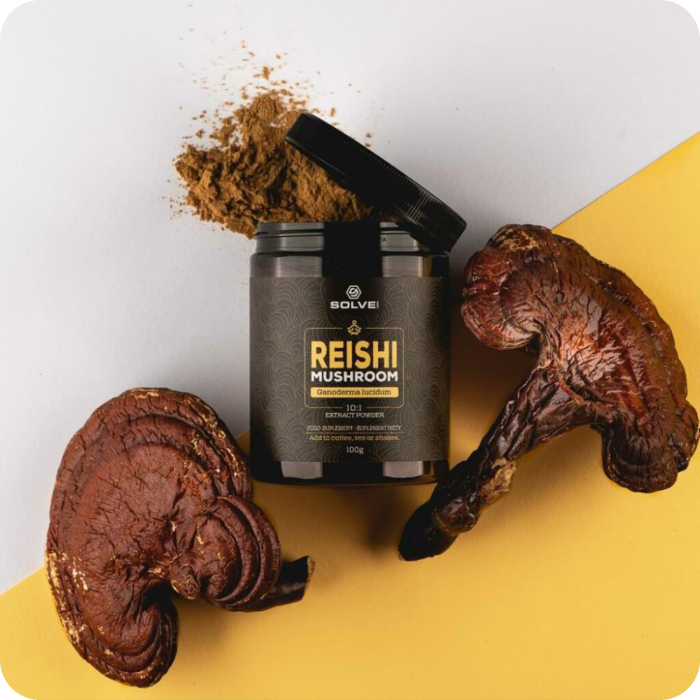"The antioxidant effects of Chaga mushroom may protect cell components against free radicals. A study showed that Chaga extract treatment led to over 40% reduction in DNA fragmentation in human lymphocytes subjected to oxidative stress, suggesting significant cellular protection (Park et al., 2004).
"Chaga extract demonstrated anti-proliferative and apoptotic effects on human hepatoma cells by inhibiting cell growth in a dose-dependent manner, causing G0/G1-phase arrest, and promoting apoptotic cell death. This suggests potential therapeutic uses for Chaga in liver cancer treatment (Youn et al., 2008).
"Chaga mushroom fractions showed significant anticancer effects by decreasing tumor cell proliferation and motility while inducing morphological changes in various cancer cells, without toxicity to normal cells, highlighting its potential as an anticancer agent (Lemieszek et al., 2011).
“Chaga mushroom extract inhibited the proliferation of breast cancer cells and induced autophagy by activating the AMPK pathway and inhibiting mTOR signaling, suggesting it may serve as a beneficial complementary medicine for breast cancer patients (Lee et al., 2021).







































